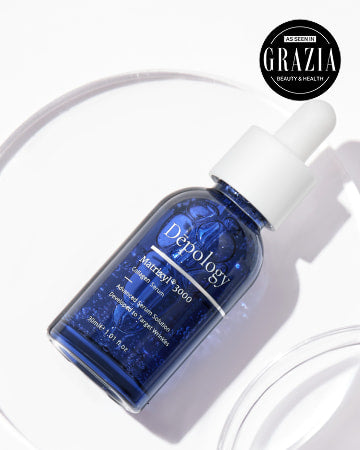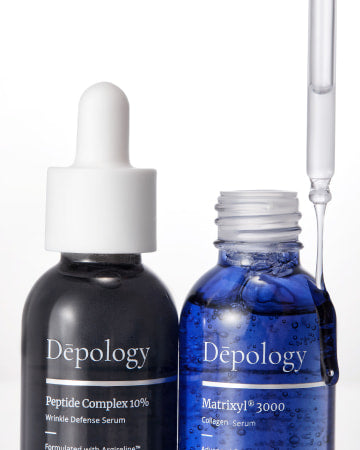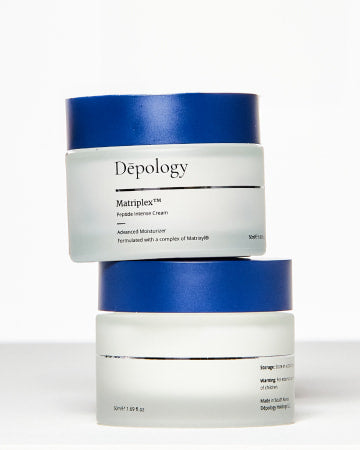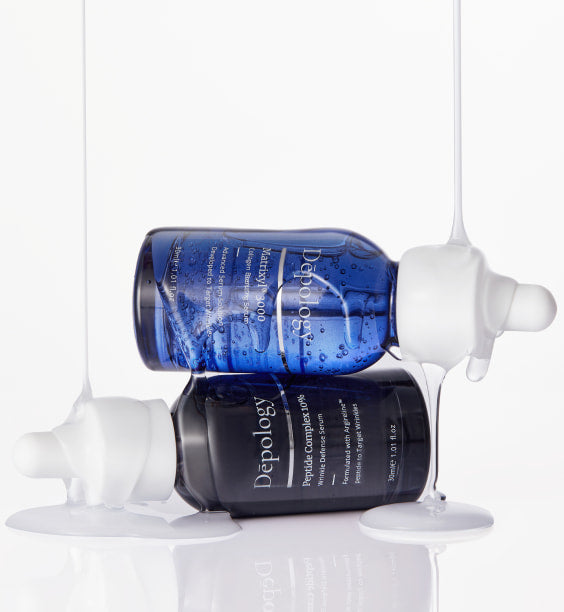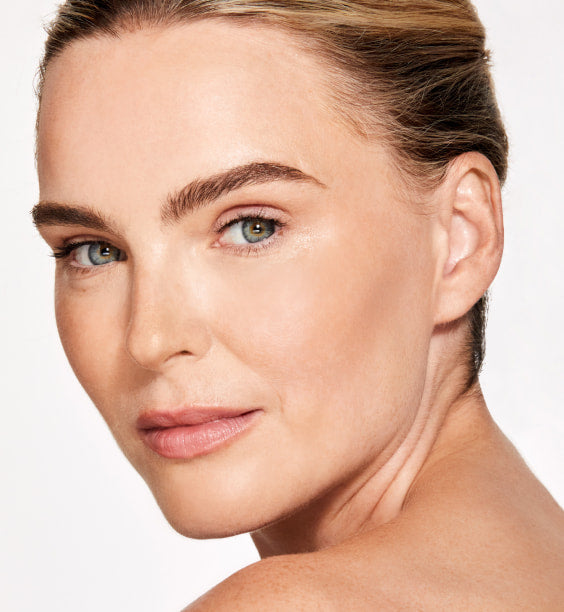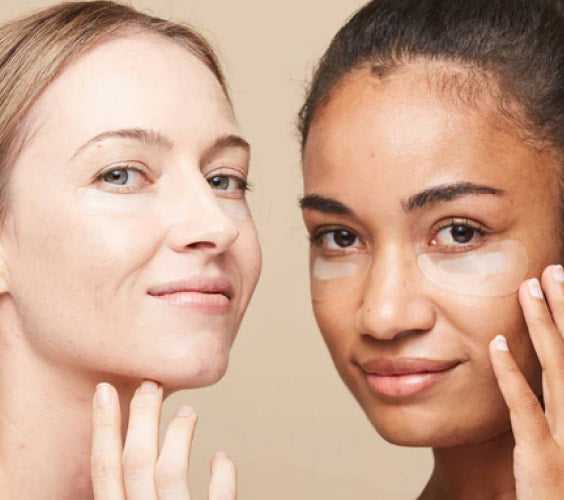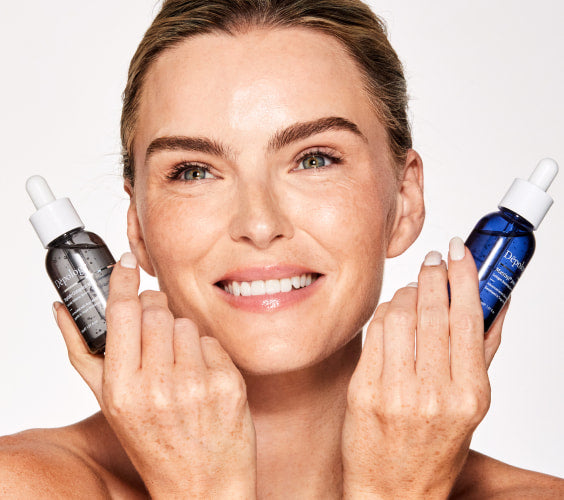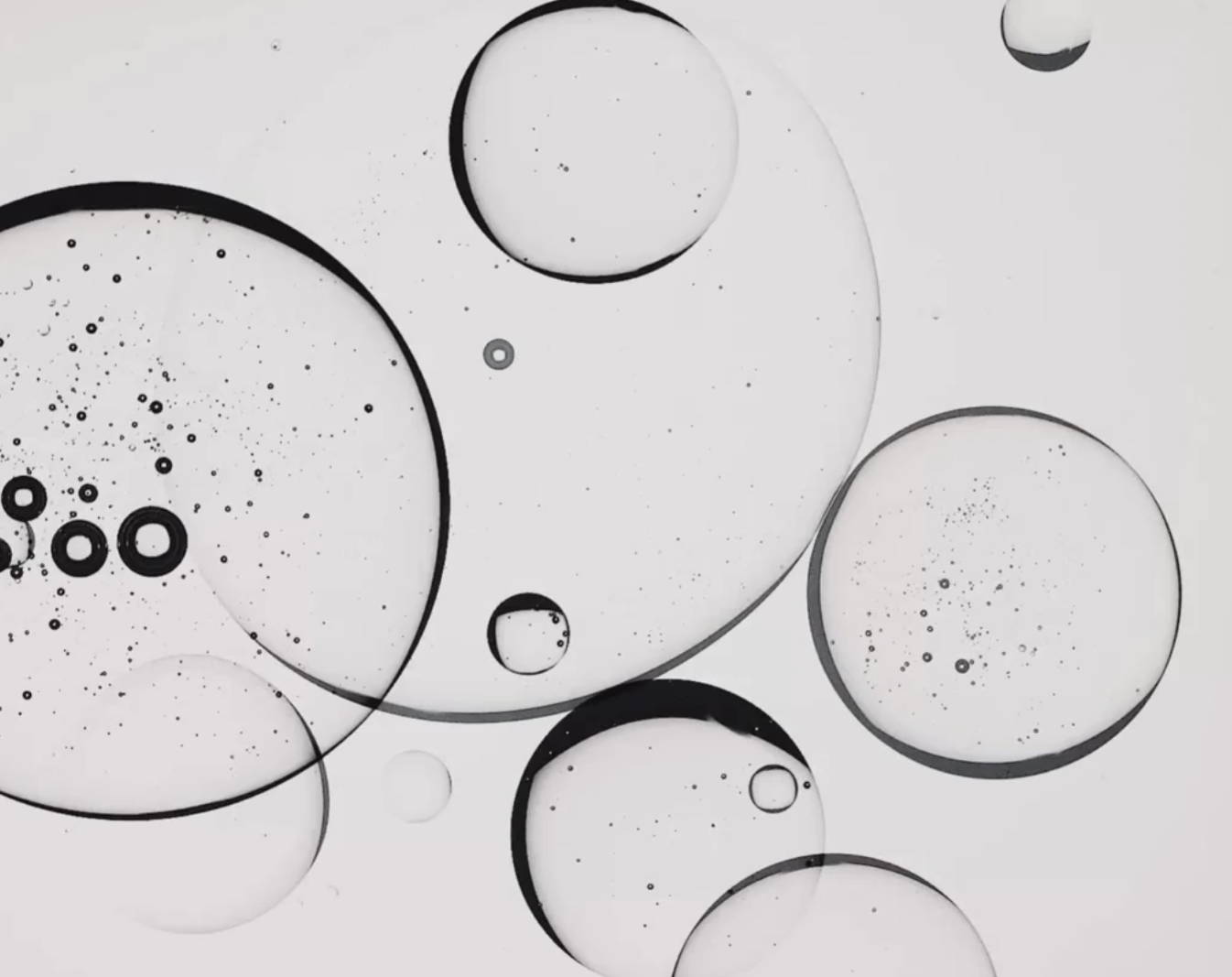
What Is Sodium PCA In Skincare?
Intro
Hydrating ingredients such as glycerin and hyaluronic acid are staples in many households when it comes to skincare. Sodium PCA (also known as pyrrolidone carboxylic acid or proline), continues to receive the name recognition some of its fellow peers in the industry have garnered. A humectant naturally found in the skin, sodium PCA makes up about 12% of the skin’s natural moisturizing factor (NMF). While it can be synthetically produced, the amino acid derivative that appears as (you guessed it) salt, can also be extracted from sources such as coconut oil and various fruits.
As the industry continues to evolve, there has been more information regarding the effects of sodium PCA on the skin. It is often considered to be more effective than other humectants at retaining moisture levels in the skin. What else can sodium PCA do for your routine? We’ve only scratched the surface.
Is Sodium PCA Good For the Skin?
Yes, sodium PCA is good for the skin and offers several benefits when used in skincare products. A natural humectant and component of the skin's natural moisturizing factor (NMF), sodium PCA plays a crucial role in maintaining skin hydration and overall health. These are just some of the ways in which sodium PCA is beneficial for the skin:
- Hydration: As a potent humectant, it attracts and retains moisture from the environment. By binding water to the skin's surface, it helps to keep the skin well-hydrated, plump, and supple.
- Skin Barrier Functions: Maintaining a healthy skin barrier is essential for protecting the skin from external stressors and preventing water loss. Sodium PCA contributes to strengthening the skin barrier, promoting a smoother and more resilient complexion.
- Non-Greasy Texture: Maintaining a lightweight and non-greasy texture, sodium PCA is comfortable to use in various skincare formulations without leaving a heavy residue on the skin.
- Enhances Product Effectiveness: As a humectant, sodium PCA can enhance the efficacy of other active ingredients present in skincare products by assisting in their absorption into the skin.
- NMF Component: Being a natural part of the skin's NMF, sodium PCA is essential for maintaining the skin's water content and overall health.
Is Sodium PCA Good For Sensitive Skin?
Yes, sodium PCA is considered to be incredibly suitable for sensitive skin. As a natural humectant, it has mild properties that make it well-tolerated by most individuals, including those with sensitive or easily irritated skin.
By attracting and retaining moisture, which is crucial for maintaining hydrated and healthy skin, the gentle nature of sodium PCA makes it less likely to cause irritation or disrupt the skin's natural barrier. Compared to some other skincare ingredients, sodium PCA is less likely to cause allergic reactions or sensitivities.
While sodium PCA is generally well-tolerated by sensitive skin types, individual reactions can vary. People with extremely sensitive skin should still perform a patch test before incorporating new skincare products into their routine. Additionally, it's a good idea to check the entire ingredient list of the product to ensure there are no other potential irritants.
If you have specific concerns about your sensitive skin or are unsure about using products with sodium PCA, it's always best to consult with a dermatologist or skincare professional. They can provide personalized recommendations based on your skin's unique needs and sensitivities.
Tri-Active Matrixyl® Complex Cream
Our powerful formula blend of three Matrixyl® complexes, as well as featuring sodium PCA as an active ingredient, contribute to an age-defying moisturizer that comes with an extensive list of benefits. Increased collagen production, wrinkle prevention, and brightened skin are just a few perks of applying the cream twice a day during your regular skincare routine. All skin types can take advantage of the nearly-immediate hydrating effects produced by the synergized formulation.
Are There Side Effects of Sodium PCA?
Sodium PCA is generally considered safe for topical use in skin care products and is well-tolerated by most individuals. It is a naturally occurring component in the skin and does not typically cause adverse reactions or side effects. However, as with any skincare ingredient, some people may experience mild side effects or sensitivity. Some potential side effects of using products containing sodium PCA include:
- Skin Irritation: Although rare, some individuals may be sensitive or allergic to sodium PCA, leading to skin irritation, redness, or itching. If you notice any signs of irritation after using a product with sodium PCA, discontinue use and consult a dermatologist.
- Allergic Reactions: People with a known allergy to proline or other amino acids may be more prone to allergic reactions to sodium PCA.
- Sensitivity to Sunlight: While sodium PCA itself does not cause photosensitivity, some skincare products that contain it may also include other ingredients that can make the skin more sensitive to the sun’s UV rays. Always follow proper sun protection measures, such as applying sunscreen, when using new skincare products.
To minimize the risk of side effects, there are some guidelines you can follow when using introducing products containing sodium PCA into your routine:
- Read Product Labels: Check the ingredient list of skincare products to ensure that sodium PCA is included, and be aware of any other ingredients that may be present in the formulation that could cause potential sensitivity.
- Introduce Products Gradually: If you're trying a new product with sodium PCA, introduce it slowly into your skincare routine. Start with once or twice a week and gradually increase usage to assess how your skin responds.
- Seek Professional Advice: If you have any concerns about using sodium PCA or any other skincare ingredient, consult a dermatologist or skincare professional for personalized recommendations.
Is Sodium PCA Better Than Hyaluronic Acid?
Whether sodium PCA is better than hyaluronic acid depends on various factors, including an individual’s skin type, skin concerns, and personal preferences. Both sodium PCA and hyaluronic acid are valuable ingredients for skin hydration, but they have some differences in their properties and effects:
- Hydration Capacity: Hyaluronic acid is well-known for its exceptional ability to hold and retain water, making it an incredibly effective humectant. It can hold up to 1,000 times its weight in water, providing intense hydration to the skin. While sodium PCA is a good humectant, it does not have the same water-binding capacity as hyaluronic acid.
- Molecular Size: Hyaluronic acid molecules come in different sizes, with some being smaller and able to penetrate deeper into the skin, providing hydration at multiple layers. Sodium PCA has a smaller molecular size compared to traditional hyaluronic acid, which means it can also penetrate the skin to some extent but might not be as effective as hyaluronic acid in this regard.
- Compatibility: Sodium PCA is considered to be compatible with various skin types, including sensitive skin, due to its mild nature. Hyaluronic acid is generally well-tolerated too, but some individuals with very sensitive skin may find certain forms of hyaluronic acid irritating.
- Texture and Feel: Sodium PCA is often praised for its lightweight texture, while some formulations of hyaluronic acid might have a slightly thicker or sticky feel left over on the skin.
- Synergistic Effects: Some skincare products combine both sodium PCA and hyaluronic acid to benefit from their different properties. This combination can provide a more comprehensive approach to skin hydration.
Ultimately, the "better" ingredient depends on your skin's specific needs and preferences. If you are looking for intense hydration and moisture retention, hyaluronic acid might be more suitable. On the other hand, if you prefer a lightweight humectant with a proven hydrating effect and better compatibility for sensitive skin, sodium PCA could be a good choice to include in your skincare collection.
Can You Use Sodium PCA During Pregnancy?
There is currently limited information and research available about the use of sodium PCA during pregnancy. As a precautionary measure, it's best to consult with a healthcare professional, such as an obstetrician or dermatologist, before using any new skincare products during pregnancy.
During pregnancy, certain substances may have the potential to be absorbed into the bloodstream and potentially affect the developing fetus. While there is no strong evidence to suggest that sodium PCA is harmful during pregnancy, it's always better to seek advice from an expert.
If you are pregnant and considering using a product containing sodium PCA, you should consider these options:
- Consult Your Healthcare Provider: Discuss your skincare routine and the specific product containing sodium PCA with your provider. They can offer personalized advice based on your individual health and pregnancy status.
- Check Other Ingredients: Besides sodium PCA, ensure that the product does not contain any other ingredients that may be potentially harmful during pregnancy. Avoid products with known irritants or questionable ingredients.
- Perform a Patch Test: If your healthcare provider approves the use of the product, conducting a patch test on a small area of your skin, such as behind the ear or under the arm, is beneficial to rule out potential irritation.
- Limit Usage: Even if the product is considered safe during pregnancy, it's a good idea to use it in moderation and as directed by the manufacturer.
- Consider Alternatives: If you are uncertain about using products with sodium PCA during pregnancy, you might choose to use alternative products that are specifically formulated and labeled as safe for pregnant women.
Always prioritize the health and safety of both you and your baby during pregnancy. If there are any doubts or concerns about the safety of using certain skincare products, seek advice from a healthcare professional to make an informed decision.
Conclusion
Though sodium PCA tends to be more expensive than hyaluronic acid, it tends to achieve certain results that hyaluronic acid can’t. Aside from moisture retention, sodium PCA has been known to improve overall hair texture, reduce the appearance of aging signs, and help repair compromised skin barriers. You should, however, avoid the use of sodium PCA if you have allergies to ingredients such as coconut oil or soybean. Even small amounts can go a long way, with no recorded evidence of irritation from sodium PCA in high concentrations of up to 50%. Sodium PCA might just be your next staple moisturizing ingredient in your regimen.

